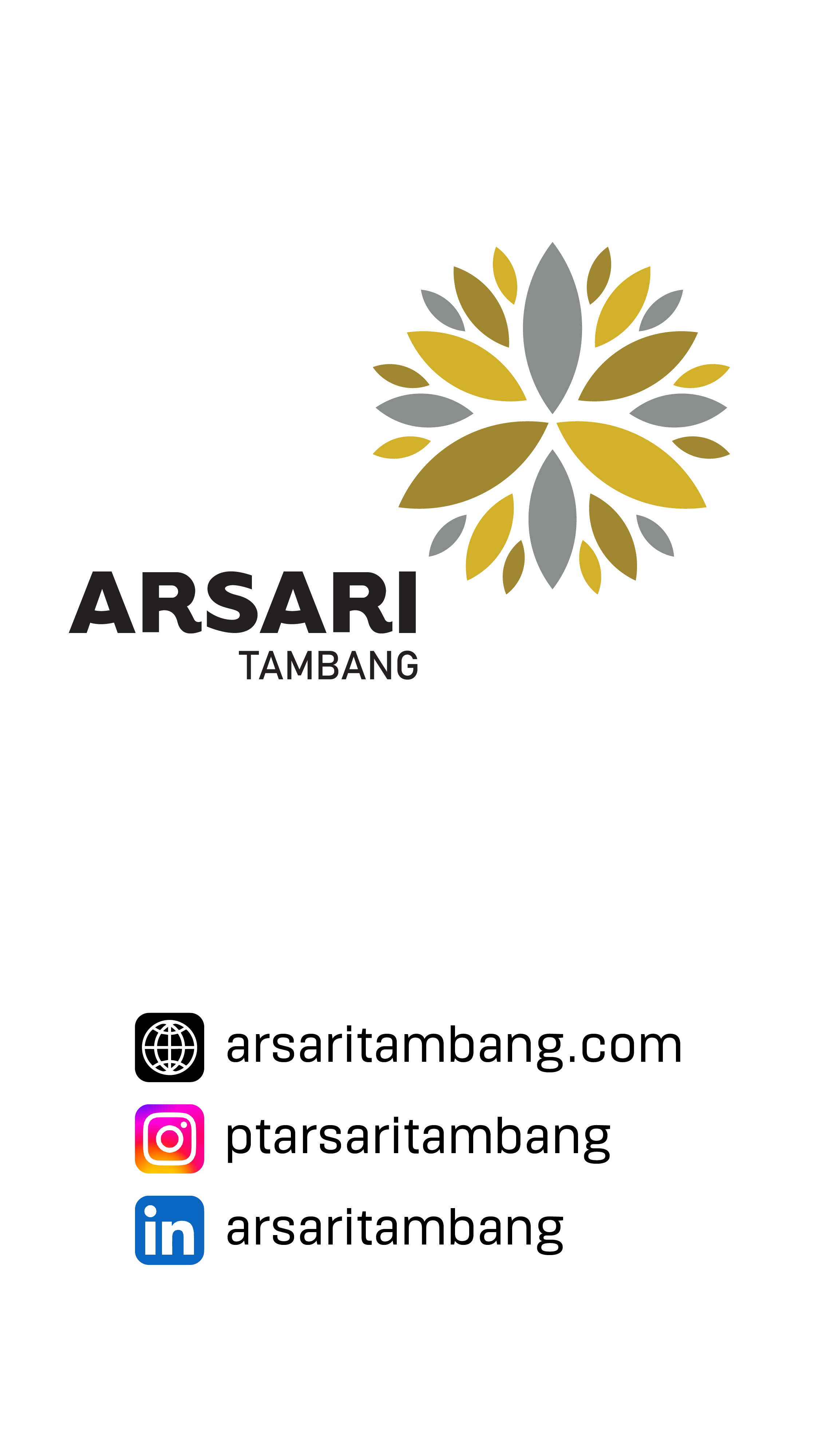



SARGA.CO – Every Independence Day celebration in Indonesia, the people of Central Aceh regency come together for a heart-pounding tradition: Pacu Kude, a bareback horse race that has become a powerful symbol of Gayo heritage.
More than just a thrilling competition, Pacu Kude is a cultural legacy that has endured for over a century in the highlands of Gayo.
No wonder this tradition draws tens of thousands of spectators, both local and international, each year.

Believed to have begun around 1850 in Bintang, east of Lake Lut Tawar, Pacu Kude was originally held after the rice harvest as a communal expression of gratitude.
Back then, the race took place on a straight dirt path stretching 1.5 kilometers, far from the oval racetracks used today.
Winners didn’t race for luxury prizes, but for Gah—honor and prestige within their community.
Jockeys were even required to ride shirtless, a gesture symbolizing courage and pure sportsmanship.
Pacu Kude grew in prominence during the Dutch colonial era, when it was used to mark Queen Wilhelmina’s birthday.

The prize? A simple alarm clock. From this came the term Kuda Beker (Clock Horse) for winning horses.
When a mare won, she earned the title Kude Dompet (Purse Horse).
Over time, the race moved from the streets of Takengon to Musara Alun arena, and today to the H. Muhammad Hasan Gayo track in Pegasing.
Participants now hail from Central Aceh, Bener Meriah, Gayo Lues, and even North Sumatra, making it a magnet for cultural tourism.

As times change, so too has Pacu Kude.
Where once races started with hand signals and flags, today they begin from mechanical starting gates for fairness and safety.
While jockeys used to ride bareback, modern competitors now wear saddles and safety gear—especially in Class A, which features “Astaga” horses: tall, swift Australian-Gayo crossbreeds.
Each race kicks off with the crowd’s signature roar—“Wasaluaaaaaleee!”—a spirited cue for horses to bolt and spectators to brace for action.
In 2016, Pacu Kude was officially listed as an Indonesian Intangible Cultural Heritage (WBTB).
Today, it’s not just a fixture of Independence Day, but also central to Takengon’s city anniversary and various county celebrations in Gayo.
A powerful example of how local traditions can grow into national symbols of pride.























































Install SARGA.CO News
sarga.co